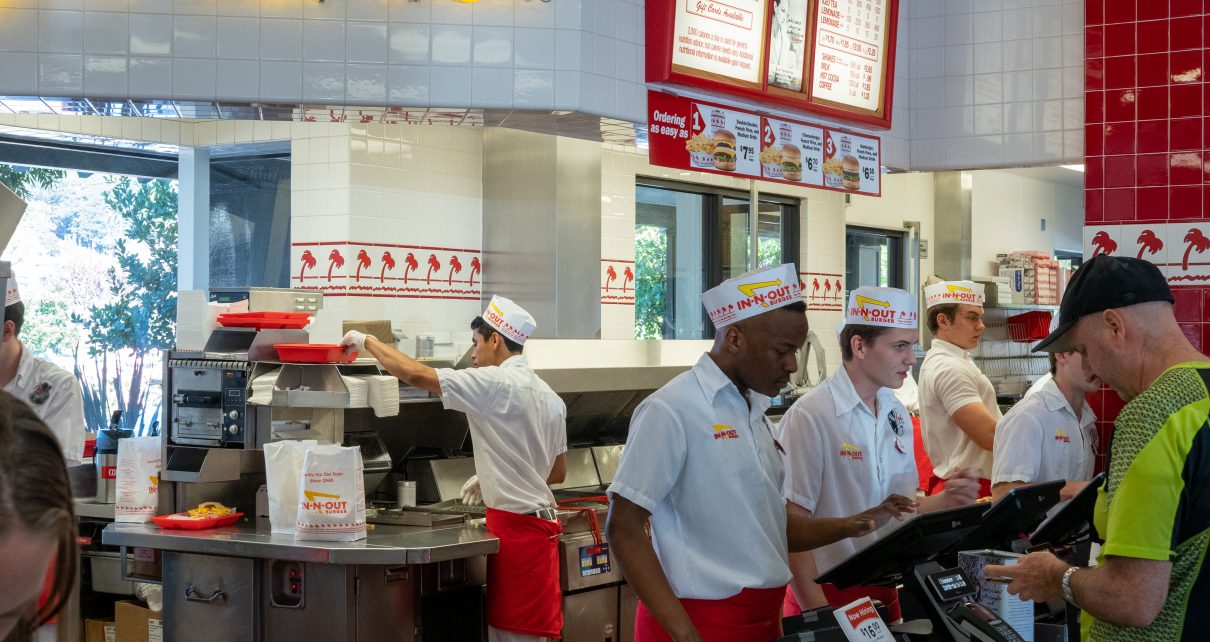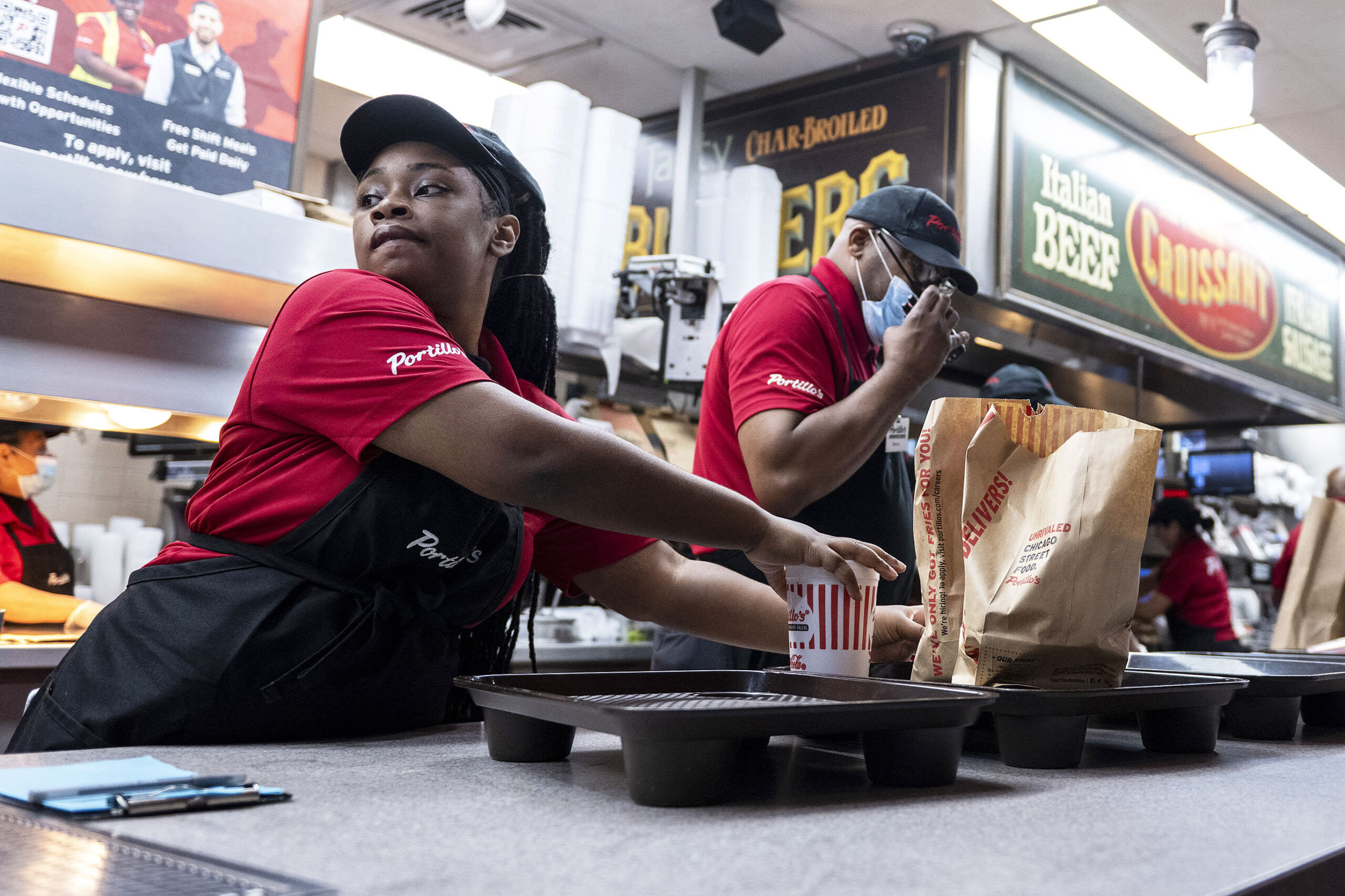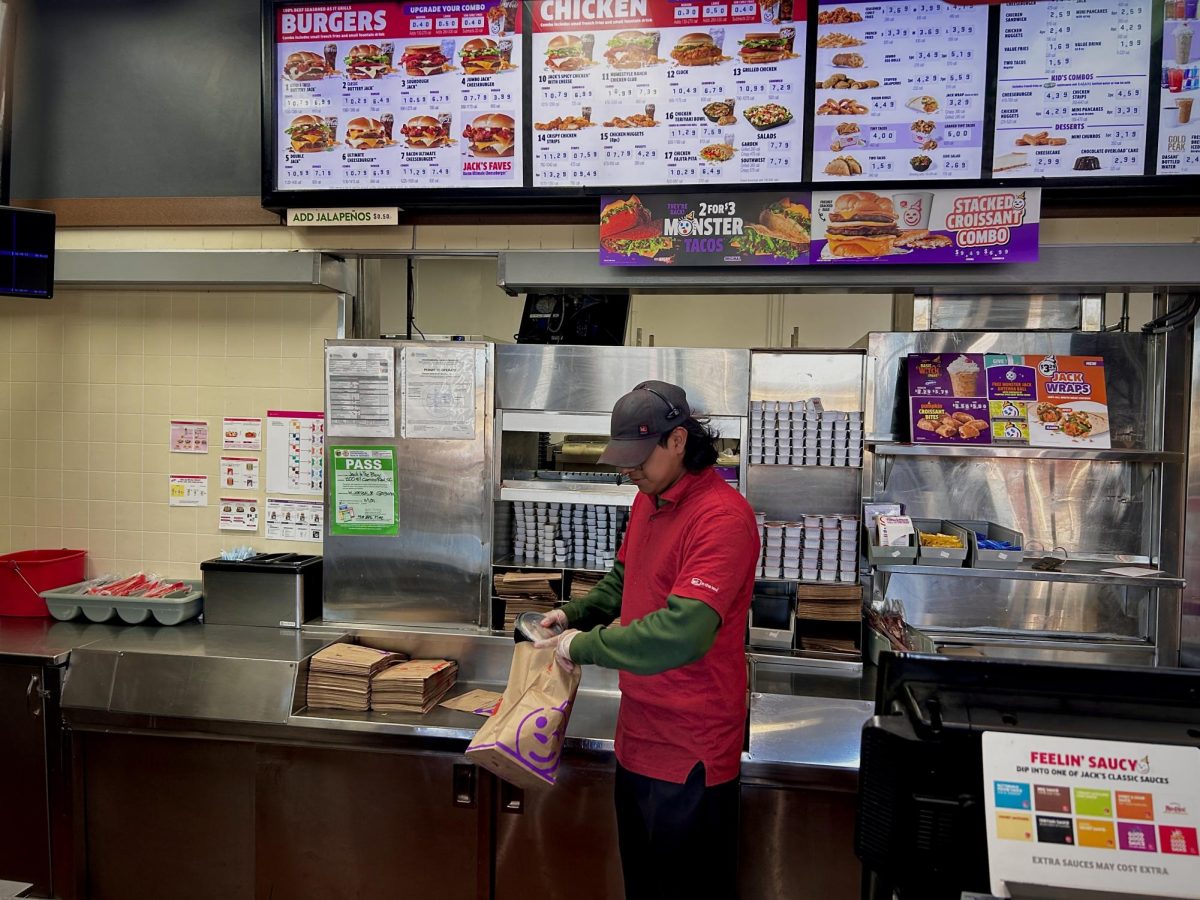Next week marks a pivotal change in the fast-food sector in California, setting a new standard for the industry nationwide. Most fast-food workers in the state will see their earnings jump to at least $20 an hour, positioning California at the apex of the restaurant industry’s pay scale.
This development is more than just a numerical increment; it’s a significant shift reflecting the ongoing debates around wages, employment practices, and economic sustainability in the fast-food domain.
California’s Government: The Catalysts Behind the Wage Hike
Governor Gavin Newsom’s legislation, enacted last fall, ushers in this wage increase starting April 1. Fast-food chains with over 60 locations nationally are mandated to uplift their wage floors, benefiting approximately 553,000 workers in the state.
This move isn’t just about fair compensation; it’s a response to the sector’s substantial profit margins and a step towards addressing the living wage crisis. With fast-food prices soaring 47% over the past decade—a stark contrast to the average 29% for other commodities—the industry’s prosperity is evident.

“Prices have been so much higher than operating costs over the last decade that these companies could just absorb higher operating costs,” notes Alí Bustamante, a labor expert from the Roosevelt Institute.
The wage increase is seen as a necessary step to ensure workers can meet their basic household needs amidst the escalating cost of living.

Repercussions and Reactions
Not all feedback on this legislative change has been positive. Some local restaurant owners express concerns over potential job cuts and increased prices for consumers.
Alex Johnson, owner of several franchise locations, highlights the dilemmas faced by smaller operators, foreseeing a possible 10% hike in prices to offset the new wage law.
Starting Monday, most California fast-food workers will earn at least $20 an hour — the highest minimum wage across the U.S. restaurant industry. https://t.co/AWPiLPIUU2
— CBS News (@CBSNews) March 29, 2024
“This is a transformational step toward an economy that works for all, not just billionaires,” asserts Tia Orr of the Service Employees International Union California.
The Broader Impact on the Economy
While critics warn of adverse effects like layoffs and reduced hiring, some economic studies suggest that higher wages could foster financial security, enhance consumer spending, and stimulate overall economic growth.
As California ventures into this uncharted territory, the rest of the nation watches closely, contemplating the implications of such wage increases on the fast-food industry and beyond.

In embracing this wage hike, California not only sets a precedent but also ignites a broader conversation about fair compensation, economic equity, and the true cost of convenience in the fast-food industry.









